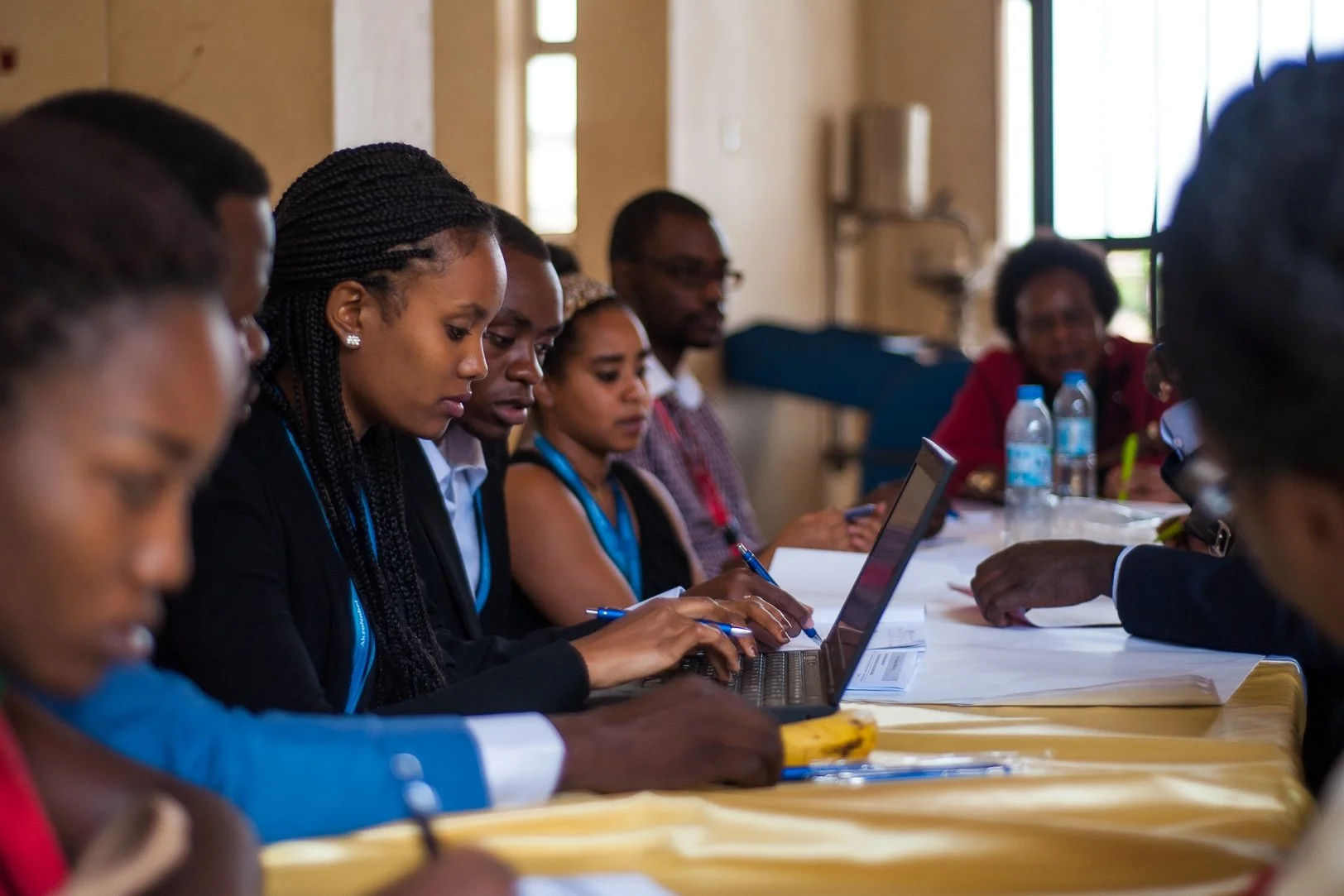Building the Evidence Base for Fortification
Photo: Computer Work (Fortify Flour/Flickr)
FFI and its partners are working to fill large-scale food fortification data gaps and make already available data accessible and actionable for decision-makers worldwide.
Two grants were presented to FFI and its partners by the Foundation in 2023. One grant of $300,000 supports FFI for one year to conduct a literature review of evidence on the impact of large-scale food fortification for 10 commonly fortified staple foods: bouillon, fish sauce, maize flour, milk, oil, rice, salt, soy sauce, sugar, and wheat flour. The comprehensive literature review is gathering available evidence for the impact of food fortification on nutrient intake, nutritional status, and functional outcomes like reductions in the number of babies born with a neural tube defect (such as spina bifida and anencephaly).
Using this evidence, decision-makers can create effective fortification programs that ultimately reduce micronutrient deficiencies and improve lives.
“We hope this project will help inform the fortification policies and practices in countries that are planning or reviewing their existing large-scale food fortification programs,”
A second grant of $1.5 million has been awarded to a consortium of partners led by the Micronutrient Data Innovation Alliance (DInA) to strengthen the Global Fortification Data Exchange (GFDx). Consortium members include the Micronutrient Forum, FFI at the Rollins School of Public Health, the Global Alliance for Improved Nutrition, and the Iodine Global Network. GFDx, a web-based analysis and visualization tool on food fortification launched in September 2017, is the most comprehensive database of large-scale food fortification information, providing national-level data for 196 countries. Widely used by global food fortification actors, it has been extensively cited in influential reports and journal articles, including the Global Nutrition Report, the 2023 World Health Assembly Resolution on Food Fortification, the 2022 WHO guidelines on wheat flour fortification, and the Food Systems Dashboard.
The two-year grant will facilitate the expansion of the GFDx database, empowering national actors with the necessary data and insights to make informed decisions regarding food fortification initiatives.
Both grants are rooted in a strong network of partners with extensive experience working with and collecting food fortification data. By strengthening the evidence base for food fortification, the Gates Foundation, FFI, Micronutrient Forum, Global Alliance for Improved Nutrition, and Iodine Global Network demonstrate their commitment to a healthier world and a more resilient future.
“The partnership between organizations has been key to the success of the GFDx. We look forward to continued collaboration and filling important data gaps along the large-scale food fortification decision-making pathway.”

